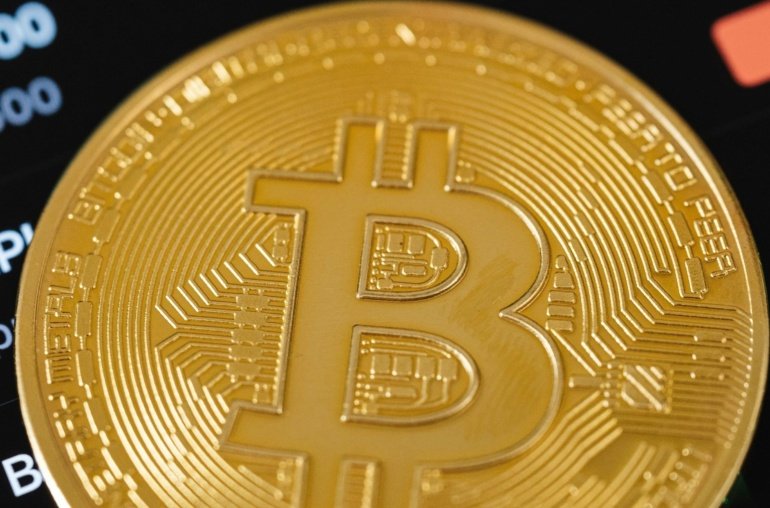The recent remarks made by a prominent executive from a Bitcoin development company advocating for large financial institutions to take custody of Bitcoin have sparked disappointment within the cryptocurrency community. MicroStrategy CEO Michael Saylor is facing strong criticism after suggesting that it would be better for Bitcoin to be in the custody of “too big to fail” banks rather than self-custody.
In a podcast interview, Saylor discouraged investors and traders from the self-custody approach for Bitcoin and instead proposed custodianship through large financial institutions like banks. He believes that these institutions, with their established security protocols, are better equipped to safeguard Bitcoin holdings. Saylor also dismissed concerns about government seizure of Bitcoin, labeling it as a mere “trope” and arguing that entrusting the cryptocurrency to individuals who reject government authority could increase the risk of confiscation.
However, Saylor’s stance has been met with surprise and skepticism by many analysts in the cryptocurrency space. Ethereum co-founder Vitalik Buterin, in particular, strongly criticized Saylor’s perspective on Bitcoin custody, describing it as “batshit insane.” Buterin argued that banks taking custody of Bitcoin is an outdated idea, given the technological advancements that have reshaped the landscape of cryptocurrency security.
Buterin emphasized that the approach advocated by Saylor does not align with the core principles of cryptocurrency and warned against the potential consequences of centralizing Bitcoin custody in the hands of financial institutions. Bitcoin proponents, who champion the concept of self-custody, also rejected Saylor’s proposal, expressing concerns that it could undermine the decentralized nature of Bitcoin and hinder its utility as a currency.
21st Capital co-founder Sina G raised alarms about the implications of Saylor’s suggestion, warning that it could relegate Bitcoin to a mere investment asset and jeopardize its function as a medium of exchange. Sina G characterized Saylor’s perspective as “spooky” and accused him of serving as a mouthpiece for government and financial interests.
Jameson Lopp, Chief Security Officer at Casa HODL, highlighted the long-term risks associated with banks holding custody of Bitcoin, citing potential threats to the network’s decentralization and user autonomy. Lopp underscored the importance of self-custody in strengthening the Bitcoin network and protecting it from governance-related vulnerabilities.
Overall, the cryptocurrency community remains divided over the issue of Bitcoin custody, with proponents of self-custody advocating for individual control and decentralization, while skeptics raise concerns about security and regulatory risks. The debate surrounding the custodianship of Bitcoin underscores the ongoing tension between traditional financial institutions and the principles of decentralization and autonomy that underpin the cryptocurrency ecosystem.



